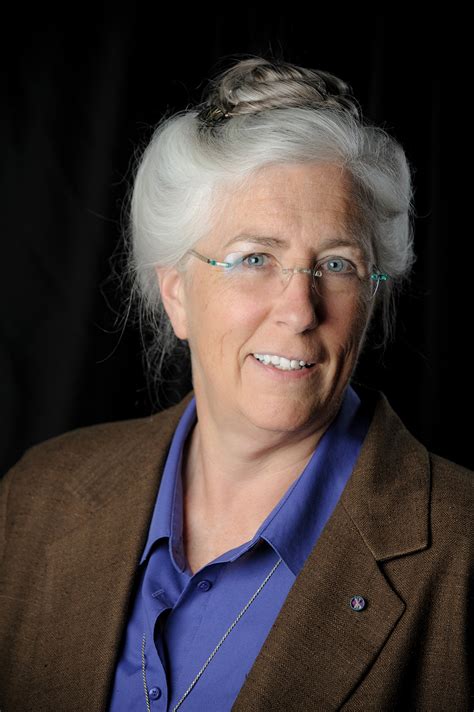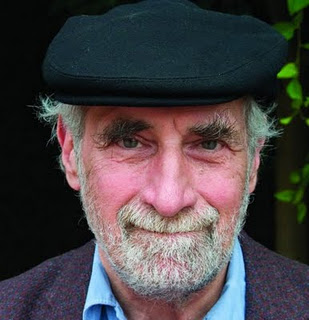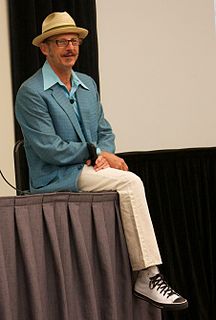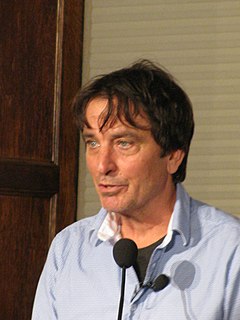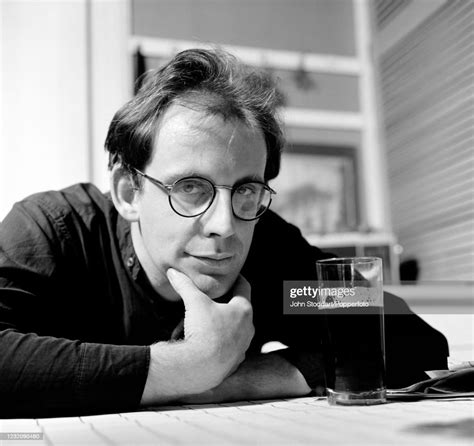A Quote by Laurie R. King
I was fifteen when I first met Sherlock Holmes, fifteen years old with my nose in a book as I walked the Sussex Downs, and nearly stepped on him. In my defense I must say it was an engrossing book, and it was very rare to come across another person in that particular part of the world in that war year of 1915.
Related Quotes
The average age of a model is fifteen years old. It's so crazy to me. And how confusing for men; they're like, "Well, I'm supposed to be attracted to that image" - like that's what it's designed for - "but it's a fifteen year old girl." I think it's a very confusing thing for every single person involved.
The book that influenced me most is Sherlock Holmes, which teaches you the way to deal with reality: to deduct. It teaches you to put together the signs. For example, I look at a person and I see their coat, their jacket, their handwriting, their iPhone, and I am able to deduct some details about who they are, what they wear, and what they do. For many years I was fascinated with Sherlock Holmes. The series trained me to look at the world through these sharp, unforgiving eyes.
In 1968 I ran into Steve Lacy on the street in Rome. I took out my pocket tape recorder and asked him to describe in fifteen seconds the difference between composition and improvisation. He answered: "In fifteen seconds the difference between composition and improvisation is that in composition you have all the time you want to decide what to say in fifteen seconds, while in improvisation you have fifteen seconds." His answer lasted exactly fifteen seconds.
The one thing I would like to get across about my whole feeling regarding high school is how I was when I was fifteen. Gawky. Always a hem hanging down, or strap loose, or a pimple on my chin. I never knew what to do with my hair. I was a mess. And I still carry that fifteen-year-old girl around now. A piece of me still believes I'm the girl nobody dances with.
Jeremy Popkin's collection of first-person narratives of the Haitian Revolution is an extremely valuable work, accessible, sound and intelligent. I only wish such a book had been available fifteen years ago when I was in the early stages of researching my series of novels. Popkin has been deft and tactful in stitching together these excerpts, and as a result, he manages to tell a complete version of the Revolution almost entirely in the words of the people who experienced it-this book engaged me deeply.
